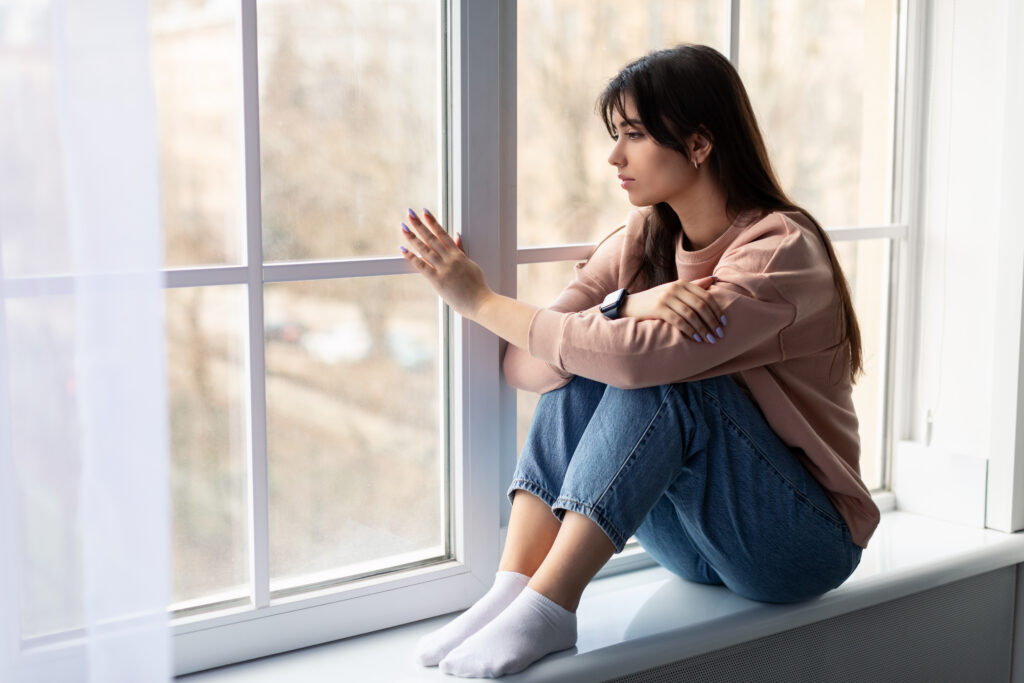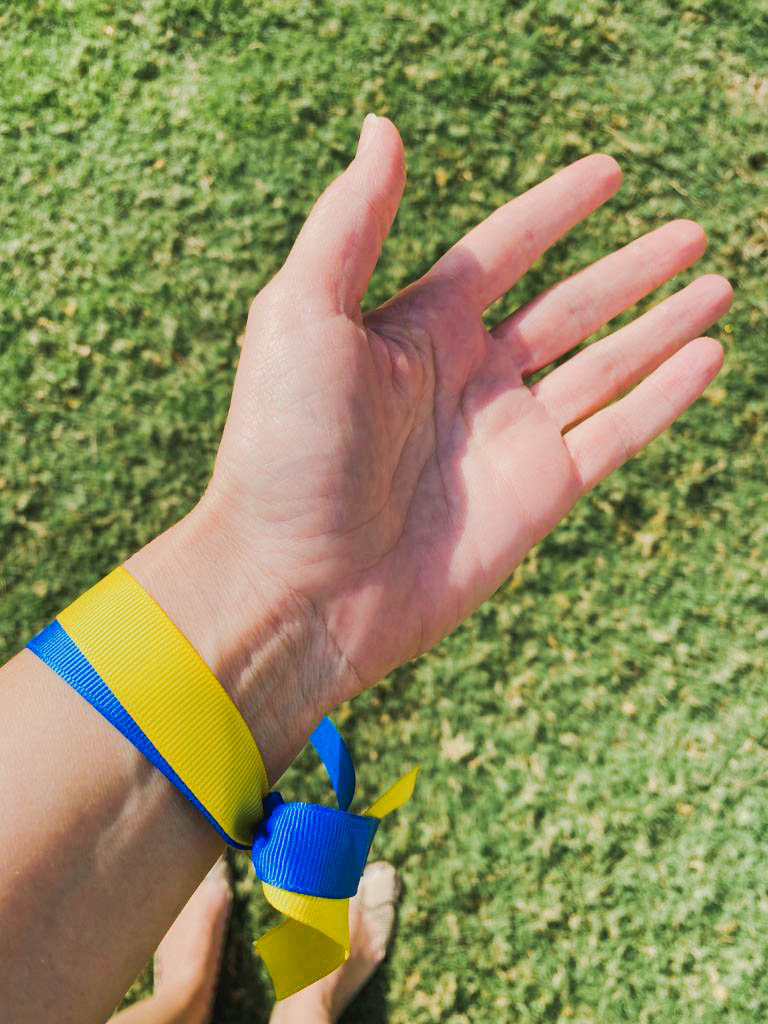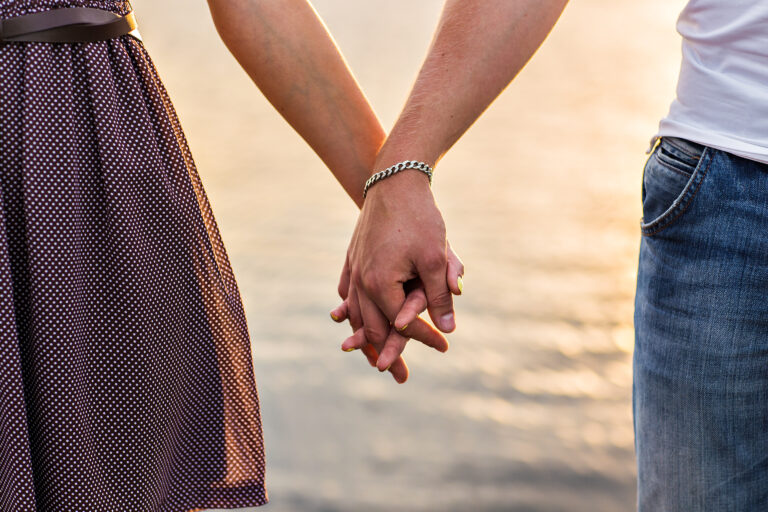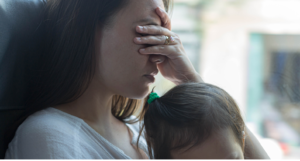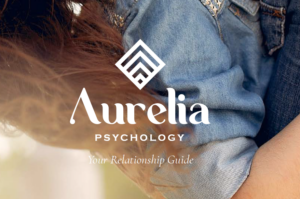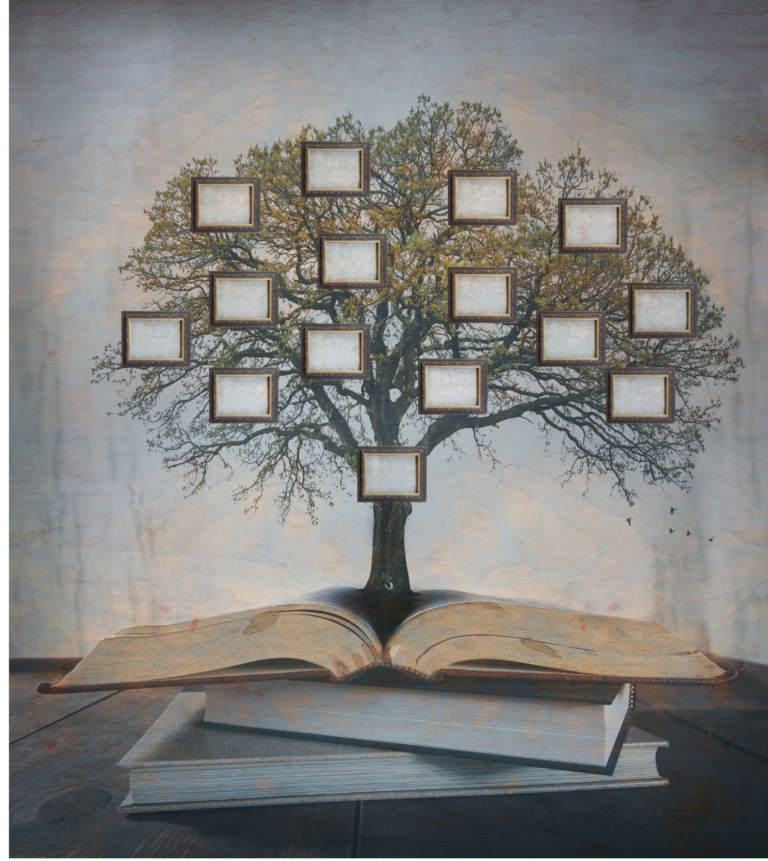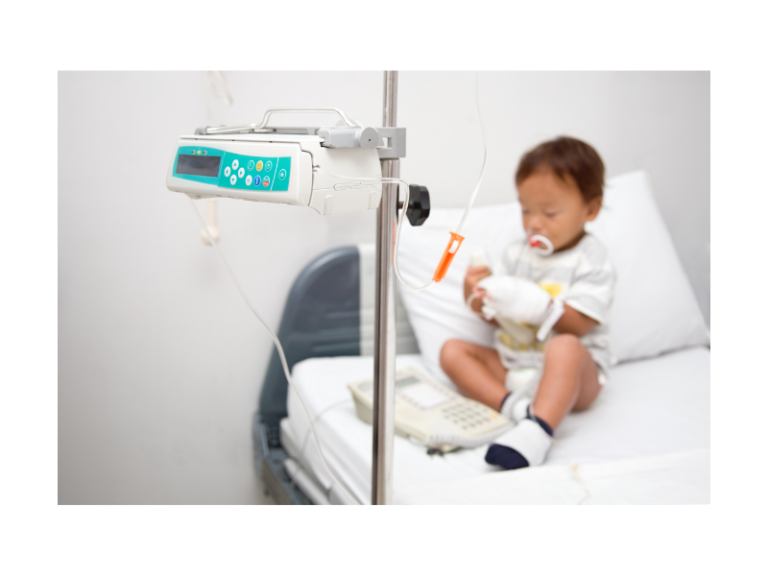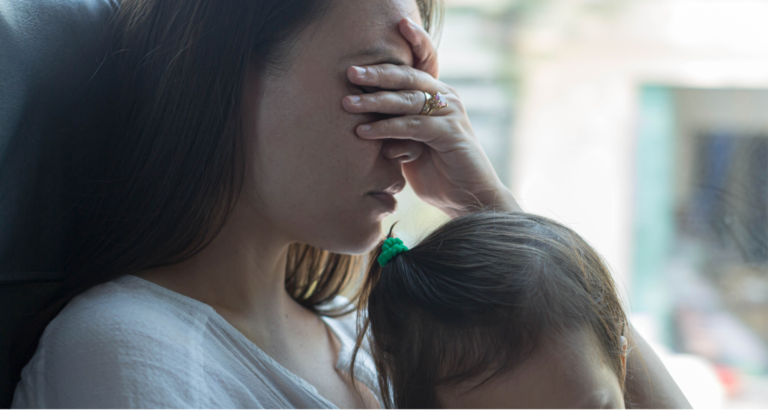Domestic violence is a serious but preventable public health issue. Both the victims and the perpetrators need help. A societal and cultural shift regarding the position of women and children is also needed.
Physical and mental abuse impacts mostly women. A report by UN Women estimates that almost one in three women over the age of 15 have been subjected to partner violence at least once in their lives. In the UK about two million people each year are impacted. In the US about 50% of women have experienced some act of physical violence from a partner at some point in their lives.
Millions of women are abused by their partners every year.
The UN estimates that lockdowns increased domestic violence by 20%. In June 2020 the national domestic violence helpline in Britain saw an 80% increase in calls and some refuges got three times more referrals. Google reported that in Australia there was a 75% increase in internet searches relating to support for domestic abuse.
Domestic violence is a difficult topic to discuss. Both parties are likely to feel embarrassed about violent incidents and keep them a secret. Hence, incident rates are likely to be significantly underreported. We also believe that incidents of sexual violence by intimate partner are significanlty underreported.
Situational domestic violence
Situational domestic violence or common couple violence, happens in about half of romantic relationships. There is no perpetrator and victim and there are no injuries. Both parties are guilty of the situation getting out of hand. Situational domestic violence happens when conflict situations escalate. This violence is mild, mainly pushing and slapping.
Situational domestic violence is damaging to the health of the relationship and needs to be addressed with urgency.
Fortunately, if the couple learns conflict management skills and self-soothing techniques, situational domestic violence can be eliminated from the relationship. As a result, the overall quality of their relationship will strengthen.
Characterological domestic violence
Characterological domestic violence is less common but is far more damaging. About 20% of domestic violence has been estimated to be characterological. 90% of victims are women.
The perpetrator usually blames the victim for the violence and takes no responsibility for their actions. Characterological domestic violence tends to get progressively worse and the injuries sustained by the victim become more serious and can lead to the eventual death of the victim.
There is no proven treatment for characterological intimate partner violence. The only option for the victim is to leave the relationship.
Domestic violence does not discriminate
Domestic violence does not discriminate and exists in all layers of society. Violence against women exists in all socio-economic, ethnic and religious groups. However, there is a disproportionate prevalence of domestic violence victims when it comes to women of color.
In the Middle East spousal abuse is pervasive and widely accepted. Violence against women affects disproportionately low- and lower-middle-income countries and regions. Hence, many women in Middle Eastern countries are victims of partner violence. In the region many women accept at least some of the reasons for partner violence.
For example, if the family culture is one where the man is seen as the head of the household, he often controls both the finances and the decisions-making. The wife is held accountable for her time and actions. The wife will not just keep her husband informed about her whereabouts in case something happens, but give a detailed account of her whereabouts. She has to prove that she hasn’t done anything to upset her husband.
It is worth recognizing that many Middle Eastern families have experienced generational trauma and adversity. Risk factors for violent behavior include discrimination and economic instability. Childhood trauma experienced by many individuals in the region is likely to contribute to the abuse of women and children today.
Dubai Foundation for Women and Children
Dubai Foundation for Women and Children (DFWAC) has helped victims of domestic violence, child abuse and human trafficking since 2007. It is the first licensed shelter in the UAE.
In 2019 Dubai Foundation for Women and Children alone helped domestic violence victims. Out of these clients 99% were female. 75% of the victims were non-Emirati and 75% were married.
As mentioned before, domestic violence affects every level of society. According to the DFWAC report from 2019 while 33% of the victims had a secondary or a high school degree, 38% had a Bachelor’s degree.
We know that the vast majority of perpetrators are men and women are at greatest risk from men that they know. In the Foundation’s report this was clear: in 70% of the cases the perpetrator was the spouse, in 12% an ex-spouse and in 10% of the cases the father. It is also worth noting that some victims had more than one perpetrator.
Different forms of abuse
Domestic abuse can take many forms and often a woman experiences more than one form of abuse. Physical abuse, such as aggression and assault are one form of domestic violence. Emotional and sexual abuse, intimidation and coercive control are also forms of abuse. The fact that your partner does not hit you, does not mean that they are not abusive.
In the DFWAC report every victim had experienced emotional abuse. 67% had also experienced neglect or deprivation. 59% had been subjected to verbal abuse, 51% to physical abuse and also 51% to financial abuse. 5% of victims had also experienced sexual abuse. Hence, most victims had experienced multiple types of abuse.
According to DFWAC many women are reluctant to obtain a medical report to prove that they have experienced bodily harm. Another problem that weakens a woman’s case against her perpetrator is the absence of witnesses to the abuse. Fear of the perpetrator also prevents women from opening a case against their abuser.
Victims of domestic violence face many challenges of breaking free. They are often financially dependent on the perpetrator. Social stigma of separation and divorce keeps many in abusive relationships, or a belief that a marriage should be maintained despite violence. Some women fear losing the custody of their children and, hence, remain in an abusive marriage. Other reasons why women struggle to leave their perpetrator are fears of loneliness and the unknown future as well as an emotional attachment to the perpetrator.
How to break free from an abusive relationship
As the DFWAC report shows, education doesn’t protect a woman from abuse. In her book Not to People Like Us Susan Weitzman tells the untold stories of upper middle class abuse and violence, that is kept hidden and away under the shadow of wealth and privilege. Weitzman explains how no one is immune to violence not even the upper class partners of CEOs, professors and physicians.
You may struggle to even think about seeking help or leaving the abusive relationship because of your values. Divorce may not be an option for you because of your religious or cultural values.
Life outside your family circle may feel frightening. If you are vocal about the abuse you experience, you may experience pressure from your own or your spouse’s family to keep things as they are. You are loyal to your community. Your concerns about your children’s future are real.What if you are forced to leave the country and not a part of your children’s life anymore?
You may not know what options you have. You may have heard of examples of women who tried to leave and were not supported by the justice system. They may have been forced to return to their abuser and things got worse.
You may feel that you are the only one. Perhaps you think you have done something to deserve this. You have never heard of a woman standing up to abuse and don’t know if you have the courage to speak up.
You may have justified fears about your financial future and your ability to support your children.
If you are in an abusive relationship, contact DFWAC for help and support. Their staff will assess your situation and counsel you on your options. You will not have to do anything that you are not comfortable with.
Matleena Vanhanen is a licensed Counselling Psychologist with over 20 years of experience working in Europe and the Middle East. She has a practice of couples and individual therapy at the MapleTree Center in Dubai.

